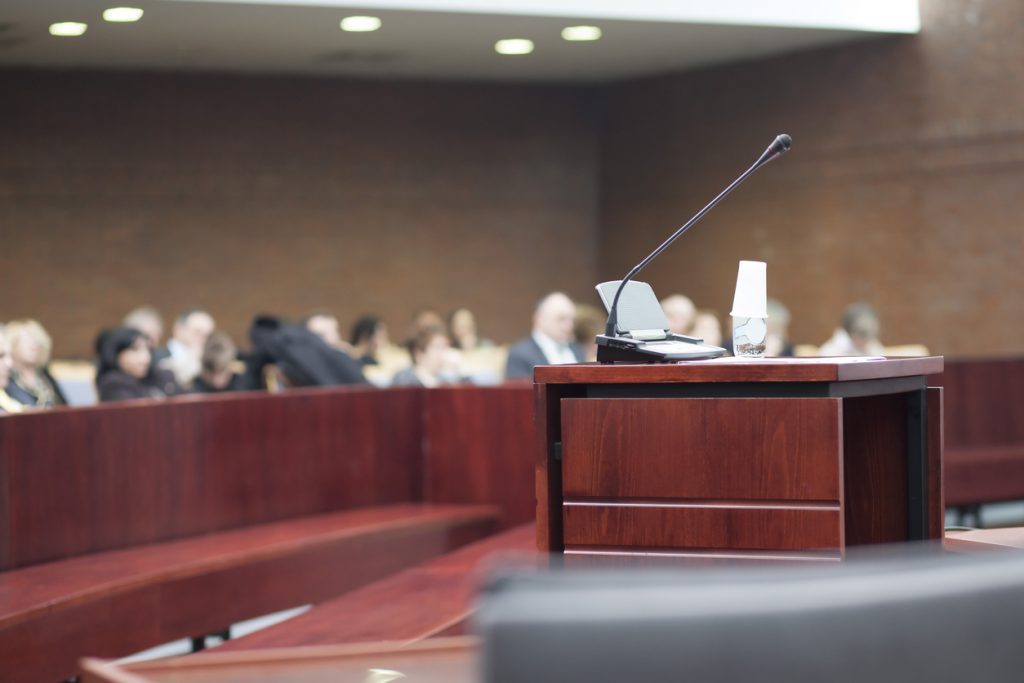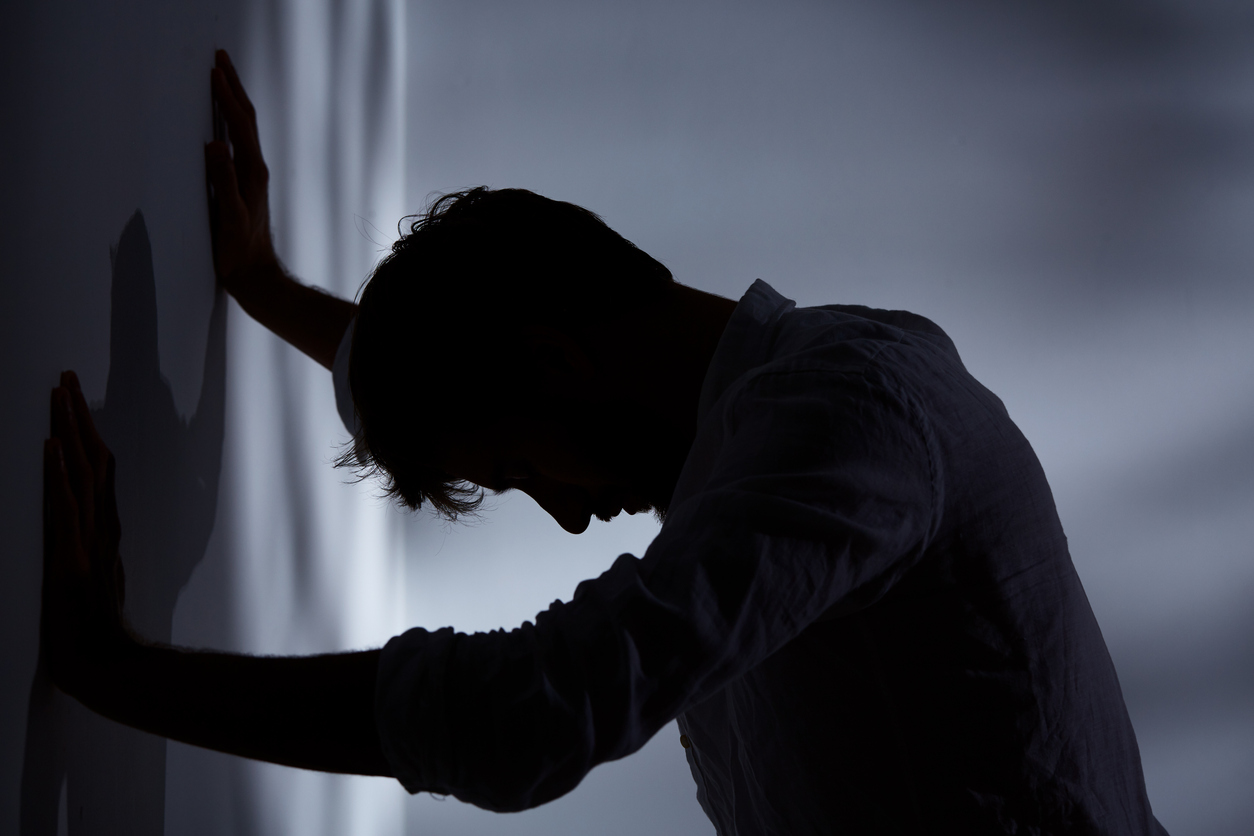Earlier this week, KARE 11 published its investigation into DHS’s treatment of individuals who courts deem too mentally ill to stand trial.
DHS releases mentally ill detainees after treatment but has “no way” to know if they reoffend.
The piece begins with the story of Alandes Augustin. Augustin faced charges for a number of different crimes, ranging from robberies to domestic assaults. But, because he suffers from a severe mental illness, courts paused or dismissed most of those charges after finding him mentally incompetent to stand trial.
Even after Augustin beat his girlfriend and stabbed a man in the chest several times in the course of one night, DHS officials released him after just five months. And they did so despite a judge’s order that they treat Augustin’s mental illness.
DHS says that releases like Augustin’s emphasize safety. “If a person is not able to go back to jail and they’re not able to be maintained safely in the community then we don’t provisionally discharge them,” said DHS Chief Medical Director Dr. Kylee Stevens. “It’s as simple as that.”

KARE 11’s investigation found more than 50 cases where released people reoffended.
But KARE 11’s investigation doesn’t make it sound so simple. Instead, what stands out is that those in charge of the care and release of individuals suffering from mental illness claim they have no way of tracking the behavior and recidivism rate. “We have no way of tracking that information,” Dr. Stevens said.
KARE 11’s investigation did what Dr. Stevens claimed DHS could not. Their investigation identified 58 cases where someone released due to a mental illness reoffended.
This “it’s not our problem” approach from DHS has devastating consequences. For the people DHS releases, it could mean they didn’t receive the treatment they needed. For the public as a whole, it could mean more people become victims of crimes caused by mental illness.
Consequences like this can be avoided if government agencies like DHS take the right steps before releasing mentally ill detainees. Until that happens, however, this dangerous cycle will continue.






